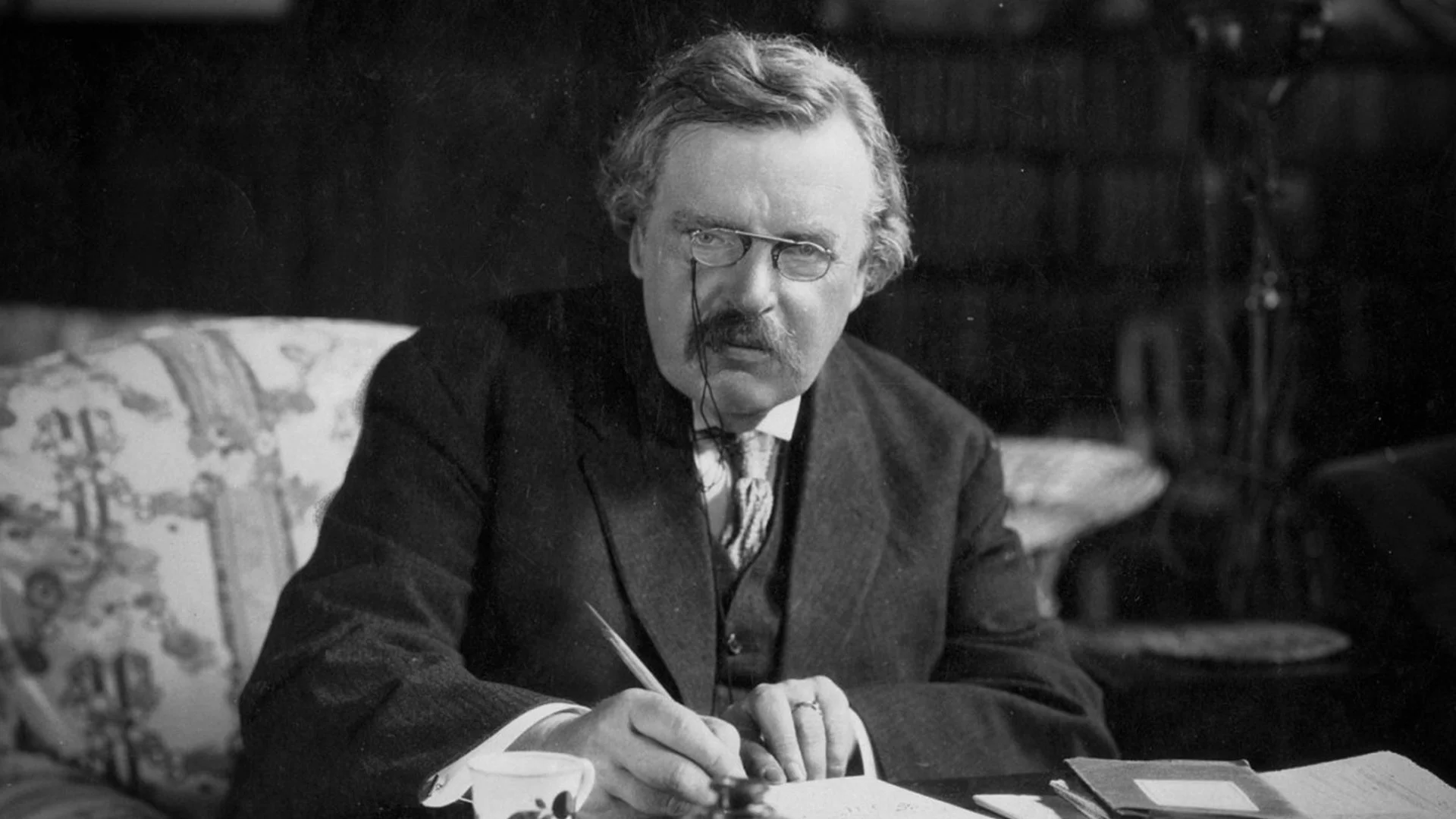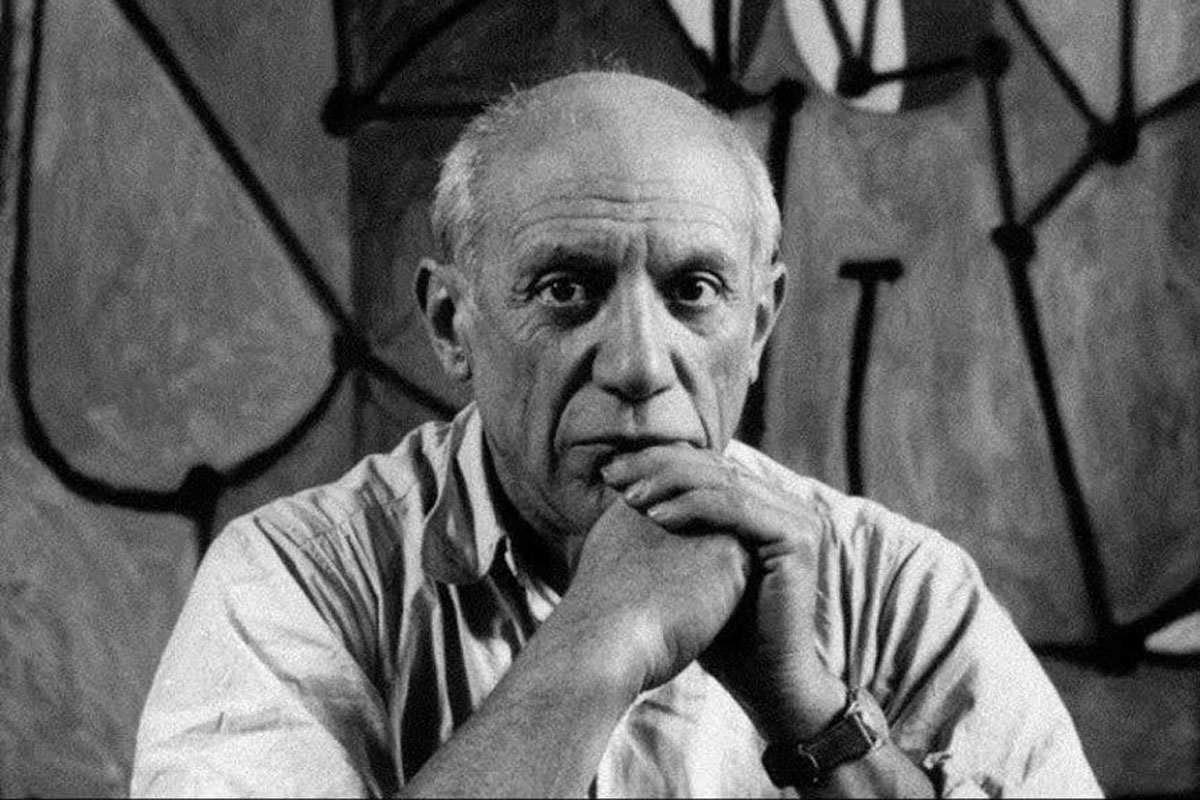This series of articles seeks to examine the character attributes of highly successful leaders, regardless of their adherence to a strong faith or moral standard. In presenting these thoughts, Leadership Ministries is not agreeing with or advocating these traits or practices, but rather presents these as ideas for discussion and development in your own leadership journey.
Thomas Jefferson (1743 – 1826) was an American statesman, diplomat, lawyer, architect, philosopher, and Founding Father who served as the third President of the United States from 1801 to 1809. He was previously the second vice president of the United States under John Adams. The principal author of the Declaration of Independence, Jefferson was a proponent of democracy, republicanism, and individual rights, motivating American colonists to break from the Kingdom of Great Britain and form a new nation. He produced formative documents and decisions at both the state and national levels.[1]
As a Virginia legislator, he drafted a state law for religious freedom. He served as the second Governor of Virginia from 1779 to 1781, during the Revolutionary War. In 1785, Jefferson was appointed the United States Minister to France, and subsequently, the nation's first Secretary of State under President George Washington from 1790 to 1793. Jefferson is also somewhat a study in contradictions. He supported ending slavery, but also owned slaves. He also had a well-known view against equal rights for women. He said of the idea of women serving as leaders, “The appointment of a woman to office is an innovation for which the public is not prepared, nor I.
On June 11, 1776, the Second Continental Congress chose thirty-three year old Thomas Jefferson to draft what he called an expression of “the American mind.” The embellished version of the Declaration is in the National Archives, but we still possess the original first draft in Jefferson’s own hand. Photo: Public domain
Don’t procrastinate. “Jefferson had a remarkable capacity to marshal ideas and to move men, to balance the inspirational and the pragmatic,” writes biographer Jon Meacham.[2] One of Jefferson’s roles as a leader was to help form a government based on republicanism. He wanted to keep the government from growing too big, so as to champion individualism, and at the same time, keep an agrarian way of life without the new United States dissolving into a loose confederation of powerful land owners (which is what Great Britain had become). He found a solution in the Louisiana Purchase, and moved on it quickly even thought some thought this massive expansion of territory went against principle.
By buying so much land for people to work on or live an agrarian way of life, individualism will sustain. Individualism will all sustain through jobs, such as: carpenters and other hard laborers. An agrarian way of life will also have other great products, such as: freedom of manipulation by higher class citizens in cities, a prosperous industry, and freedom of population pressure.
Jefferson commented in his second Inaugural Address, “I know that the acquisition of Louisiana had been disapproved by some from a candid apprehension that the enlargement of our territory would endanger its union. But who can limit the extent to which the federative principle may operate effectively? The larger our association the less will it be shaken by local passions; and in any view is it not better that the opposite bank of the Mississippi should be settled by our own brethren and children than by strangers of another family? With which should we be most likely to live in harmony and friendly intercourse?” Jefferson’s propensity to move quickly when he was sure of his decision is a among his prominent leadership characteristics.
Influence, don’t dictate. Jefferson said, “Nothing gives one person so much advantage over another as to remain always cool and unruffled under all circumstances.” Indeed Jefferson was an excellent statesman and diplomat, preferring to befriend and reason with others versus confront them. He was eloquent in his writing, and used America’s founding documents to pen his very philosophy into the fabric of the country. In doing so, Jefferson transformed what would have been a mere political documents into a proclamation of America’s highest ideals.
“The principles of Jefferson,” Abraham Lincoln reminds us, “are the definitions and axioms of free society.”[3] Indeed, few words have been as influential in spreading the growth of freedom throughout the world as those of Jefferson.[4] Alexis de Tocqueville pronounced him “the most powerful apostle that democracy has ever had.” Jefferson studied law, and was admitted to the Virginia Bar in 1767. His propensity to reason and debate, both in discussion and through his writings, made him among the most influential leaders of his time, and profoundly shaped American government and culture for centuries to come.
Monticello was the home of Thomas Jefferson and he is actually buried there. He inherited the land from his father when he was 26. Jefferson was inspired by the architecture he saw in Europe in the years he spent abroad and incorporated that in his home in Virginia. Photo: Shutterstock
Avoid indebtedness. Jefferson abhorred national debt. He said, “To preserve their independence, we must not let our rules load us with perpetual debt. We must make our election between economy and liberty, or profusion and servitude.” Perhaps though the most poignant lesson from Jefferson on debt came from his own life. Thomas Jefferson died with debts of $107,000, which is roughly $2 million today. some of it was due to his overzealous spending. He lived beyond his means, blowing large sums on construction projects, furnishings, and decorations for his estate, Monticello. Jefferson also had a taste for fine French wine, which did not come cheap. During his eight years as president, his personal wine bill was over $10,000, or $150,000 in today’s currency.[5]
After his presidency, the situation became dire. The press found out that his estate and assets were far under the value of his debts. Americans raised money to try to help get out of debt, but after Jefferson died in 1826, the donations stopped rolling in, and his grandson absorbed the burden. Monticello, as well as Jefferson’s land, furniture, and more were sold, and still did not cover the debts. Jefferson’s biggest mistake with finances was likely that he did not keep a budget. It is a lesson in leadership to not rely on estimates, but rather to keep a good record of your accounts, and not spend beyond your means.
[1] https://en.wikipedia.org/wiki/Thomas_Jefferson
[2] https://www.amazon.com/gp/product/B0089EHKE8
[3] Abraham Lincoln, “To Henry L. Pierce and Others,” April 6, 1859, in Collected Works of Abraham Lincoln, ed. Roy P. Basler (New Brunswick, NJ: Rutgers University Press, 1953), Vol. 3, pp. 375–376.
[4] https://www.heritage.org/american-founders/report/thomas-jefferson-americas-philosopher-statesman
[5] https://www.consumercredit.com/blog/presidential-debt-thomas-jefferson/
Cover photo: Shutterstock


































Frank Winfield Woolworth was an American entrepreneur, and founder of the F. W. Woolworth Company. He pioneered the retail variety stores which featured low-priced merchandise selling for 5 and 10 cents.